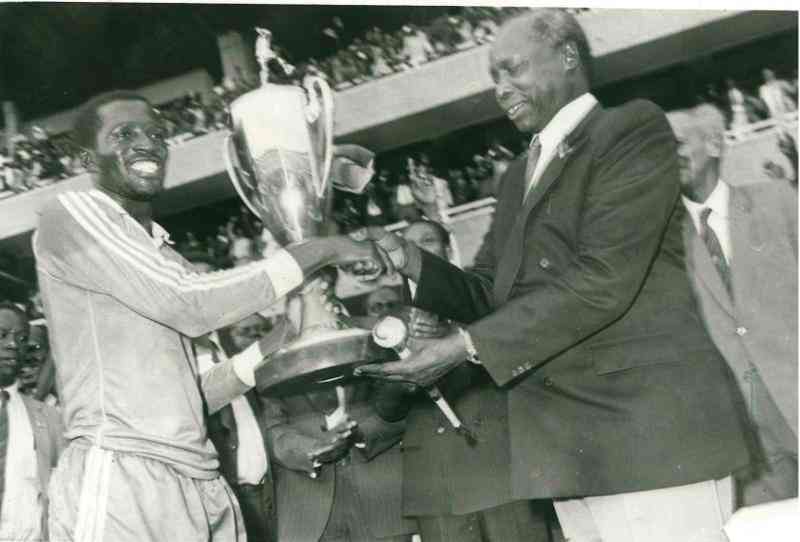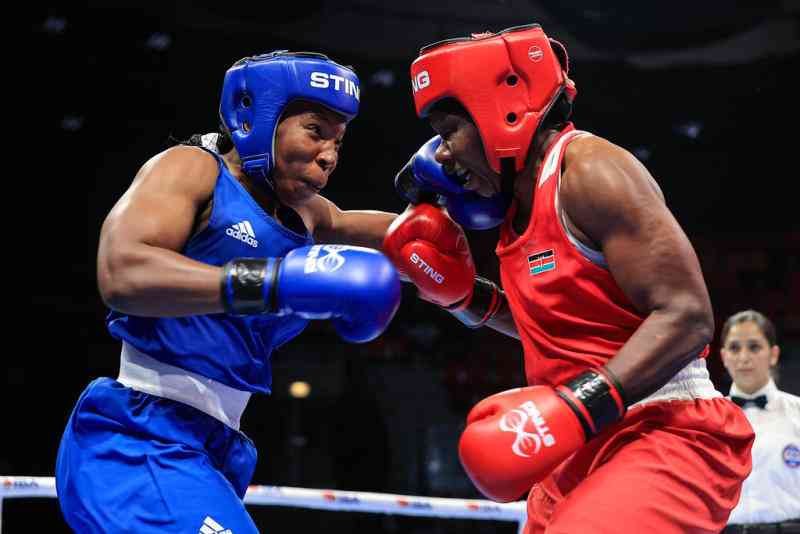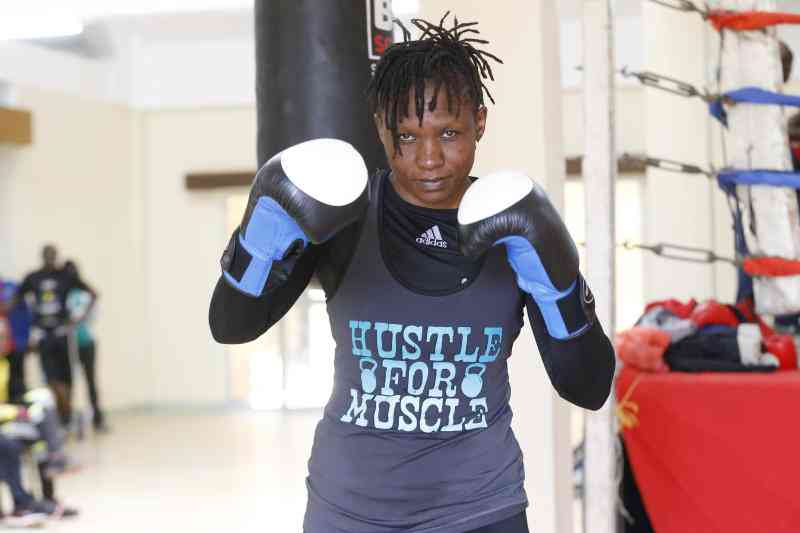By Machua Koinange
South Africa: Nelson Mandela is in eternal rest in Qunu, Eastern Cape. But for the living, the big question lingers: What next after the passing on of a man who was seen as the glue that held South Africans together across races, religion and politics?
A cloud of uncertainty wafts over the velds, enveloping this beautiful but fractured nation that bore the agony of close to fifty years of apartheid rule.
After all, Mandela was the ultimate symbol of reconciliation and he carried the price like a badge of honour.
Can the centre hold, or will the country fall apart?
Many South Africans remain stubbornly optimistic that the best years for the country lie ahead.
A cross section of the population may be optimistic but, from politics to the economy, there are tell tale signs of impending trouble.
A visit to the townships can be depressing.
Alexandra, where Mandela set up his first residence after moving from Transkei is a teeming township of box shacks, leaking sewage and mounds of garbage.
Everything about this township is emblematic of broken promises and the growing divide between the white population and the new generation of black people impatient about economic prosperity.
Sandton, on the other end, is a rich suburb and business hub on the outskirts of Johannesburg – it’s the epitome of lavish lifestyle. In this address Lamborghinis, Mercedes and BMW cars rule the perfectly tarmacked and well-maintained roads.
Alexandra is the complete juxtaposition. A township where dreams die and poverty is evident in every turn.
Mongezi Xhoma, 20, a resident of Alexandra whose great grandfather was Mandela’s landlord in 1941 says he finds it interesting how South Africa has evolved in the last twenty years.
“The biggest change has been education and our own languages. Mandela changed the line of separation between whites and blacks.”
Economic freedom
Stay informed. Subscribe to our newsletter
Mandela, Xhoma says, put the poor township on the global map. “Mandela lived here, so what? It’s tough living here. The place is unplanned; a spark of order would do us a lot of good. We need (street) lights.”
Xhoma says Alexandra has running water and electricity, but many residents are too poor to even afford to pay their utility bills.
It is the narrative of the majority of blacks still waiting for the promises of a new rainbow flag hoisted in 1994 amidst optimistic pledges of equal opportunity irrespective of skin colour.
Corruption has become endemic and worrying. This will become clearer next year after the elections in which voters would be expected to appraise the performance of their leaders against the state of national affairs.
Then there is the straight talking lot of Economic Freedom Fighters (EFF) led by the youthful Julius Malema, who won’t settle for nothing less than full economic freedom, including seizing back land and mines.
Freelance journalist Dioler Mangani sums it all: “ANC is still a strong party, but if it is not delivering for the people it may be hard for them to keep the support they have been getting. People are looking for results.”
Mangani says people want the Government to empower the black population to prosper. “Education and health are critical. The Government cannot just be giving handouts to people, they will be killing them. They need to show people how to fish, people want to do things for themselves.”
Mangani says he is an optimist who believes in South Africa, “I have been to other countries. I love them but I love my country more. I will die in this country.”
The big question is whether the majority bought into Mandela’s dream of reconciliation and a prosperous future nourished by an egalitarian society.
It’s been 19 years and the majority of young voters are getting impatient. Which in a sense explains the attraction that Malema’s red beret’s brigade offers.
Maroza Hogana, 40, is a proud supporter of the EFF and greatly admires Zimbabwean President Robert Mugabe whom he describes as the “best President in the continent”.
“Mandela is no more but he will forever remain in our hearts. But as the younger generation, we must take the liberation forward and take the land back from the oppressors and get the minerals. It’s pointless getting political freedom without economic freedom.”
Free housing
Maroza describes Mugabe as pro-people, no matter what people may say or think about his strategy of getting back the land and minerals. “In any war, there are casualties.”
A Kenyan resident (name withheld) who has lived in the country for close to a decade says the future of South Africa is bright. But she says locals need to value education. “They have very beautiful universities, which are free but very few blacks attend. If you count 20 PhDs in one college, you will be lucky to get one black South African.”
Receptionist Nqobile Mngadi, 20, says Mandela built a strong foundation for the country. “So whether he is there or not the country moves on. If the father builds a very strong foundation for a house, it won’t matter if he is there or not. They will continue. A few people may go astray but they will be pulled back to order by the majority.”
Nqobile believes Malema and the red berets are not remotely a threat to the country’s stability. “Even those who are following Malema follow him blindly. Many of them sing loudly about EFF on the streets and then they go and vote for the ANC.”
Still, EFF has a big following among youth aged between 18 and 24. This group forms a significant voting bloc in the country. Nqobile is very optimistic about the future of the country, which will celebrate 20 years of independence in April.
“When we compare where we are now and where we were two decades ago, ANC has done a lot. Most people don’t appreciate. Go to the townships.”
Nqobile credits a free housing scheme in the townships that has seen many blacks own houses for the first time. The Reconstruction and Development Programme (RDP) was an ANC programme to address the immense socioeconomic problems brought about by the social inequality under the Apartheid regime.
The project aims at building basic houses and replacing shacks. It aims to provide low cost housing to the poor, those not working or citizens who earn less than Sh20,000 per month.
The RDP novel objectives have been stifled by beneficiaries selling their free houses to foreigners at throwaway prices and returning to their shacks or the streets.
Still, the citizens can take credit that South Africa is a first world country in a third world continent.
Almost everything works here; the superhighways, the modern airports, water and steady electricity supply.
If President Jacob Zuma’s booing at the Mandela funeral is anything to go by, the blossoming democracy in South Africa will surely come in for the greatest test ever in next year’s election.
A vibrant opposition waits in the wings to prove they can write the next great chapter – if given the opportunity by voters. And they are ready to fight for that opportunity.
 The Standard Group Plc is a
multi-media organization with investments in media platforms spanning newspaper
print operations, television, radio broadcasting, digital and online services. The
Standard Group is recognized as a leading multi-media house in Kenya with a key
influence in matters of national and international interest.
The Standard Group Plc is a
multi-media organization with investments in media platforms spanning newspaper
print operations, television, radio broadcasting, digital and online services. The
Standard Group is recognized as a leading multi-media house in Kenya with a key
influence in matters of national and international interest.
 The Standard Group Plc is a
multi-media organization with investments in media platforms spanning newspaper
print operations, television, radio broadcasting, digital and online services. The
Standard Group is recognized as a leading multi-media house in Kenya with a key
influence in matters of national and international interest.
The Standard Group Plc is a
multi-media organization with investments in media platforms spanning newspaper
print operations, television, radio broadcasting, digital and online services. The
Standard Group is recognized as a leading multi-media house in Kenya with a key
influence in matters of national and international interest.








